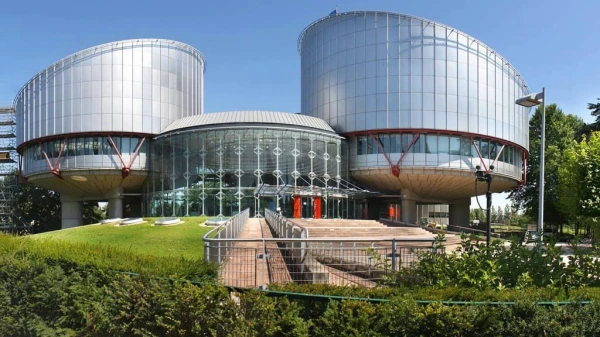
The new law aims to provide individuals acting in the public interest with protection against obviously unfounded or malicious lawsuits in court, that is, so-called strategic lawsuits, according to information on the legal acts portal.
The annotation to the draft law on the protection of individuals acting in the public interest notes that strategic lawsuits have become widespread in the European Union (EU) in recent years. Influential individuals or companies use strategic lawsuits as a tool to target journalists, human rights defenders, environmental activists, researchers, and others expressing critical opinions in the public interest, thereby intimidating, exhausting, and financially and psychologically draining those who publicly voice criticism.
Typically, such lawsuits are not filed with the aim of achieving legal protection but to create a chilling effect - not only against the specific defendant but also against others who, fearing similar lawsuits, may refrain from exercising their rights - to investigate and report information on issues of public interest.
In such strategic litigations, lawsuits are most often filed in cases of defamation, violation of data usage rights, and infringement of intellectual property rights, the annotation states.
Given the power and resource superiority of the plaintiff, such strategic litigation can significantly impact the financial and emotional state of the defendant. This, in turn, may hinder their ability to continue their professional activities and jeopardize public discourse as a whole, fostering self-censorship both in the defendant and in others.
At the same time, strategic lawsuits threaten democratic values, the realization of fundamental rights - in particular, the realization of freedom of speech, and create an additional burden on the judicial system, the annotation explains.
The draft law has been developed to implement a European directive into national legislation. Similar legal protection against strategic litigation has been in place for several years, for example, in Lithuania.
According to the draft law, a lawsuit filed with malicious intent is considered a lawsuit directed against a person in connection with their activities in the public interest.
The directive indicates that lawsuits filed with malicious intent against a person in connection with their activities in the public interest can be either completely or partially unfounded.
This means that for a lawsuit to be recognized as malicious, it does not necessarily have to be entirely unfounded. For example, even a minor violation of an individual's rights, which under current legislation could serve as a basis for a moderate claim for compensation, may be considered malicious if the claimed amount or the sought remedy is clearly disproportionate. At the same time, if the plaintiff files a justified lawsuit, such litigation should not be regarded as malicious.
The draft law defines that activities in the public interest, according to the directive, encompass any expression of position or action by a natural or legal person carried out in the exercise of their fundamental rights. Such activities may include, in particular, actions related to the exercise of academic and artistic freedom, the realization of the right to freedom of association and peaceful assembly - for example, organizing or participating in lobbying initiatives, demonstrations, and protests, or actions related to the exercise of the right to good governance and the right to effective legal protection, including filing lawsuits, appealing to governing bodies, and participating in public hearings.
Activities in the public interest also include preparatory, supportive, and ancillary actions directly related to the communication or activities against which a malicious lawsuit has been filed to hinder such activities. These actions must have a direct connection to specific socially significant activities or be related to them by contract.
To implement the directive, corresponding amendments to the civil procedure law have also been developed, which will incorporate the provisions of the directive that are not subject to inclusion in the law on the protection of individuals acting in the public interest, as well as more detailed regulations on certain procedural issues, including the procedure for applying procedural guarantees.
It is expected that both the law on the protection of individuals acting in the public interest and the amendments to the civil procedure law may come into force in May 2026. Before that, they must be approved by the government and the Seimas.













